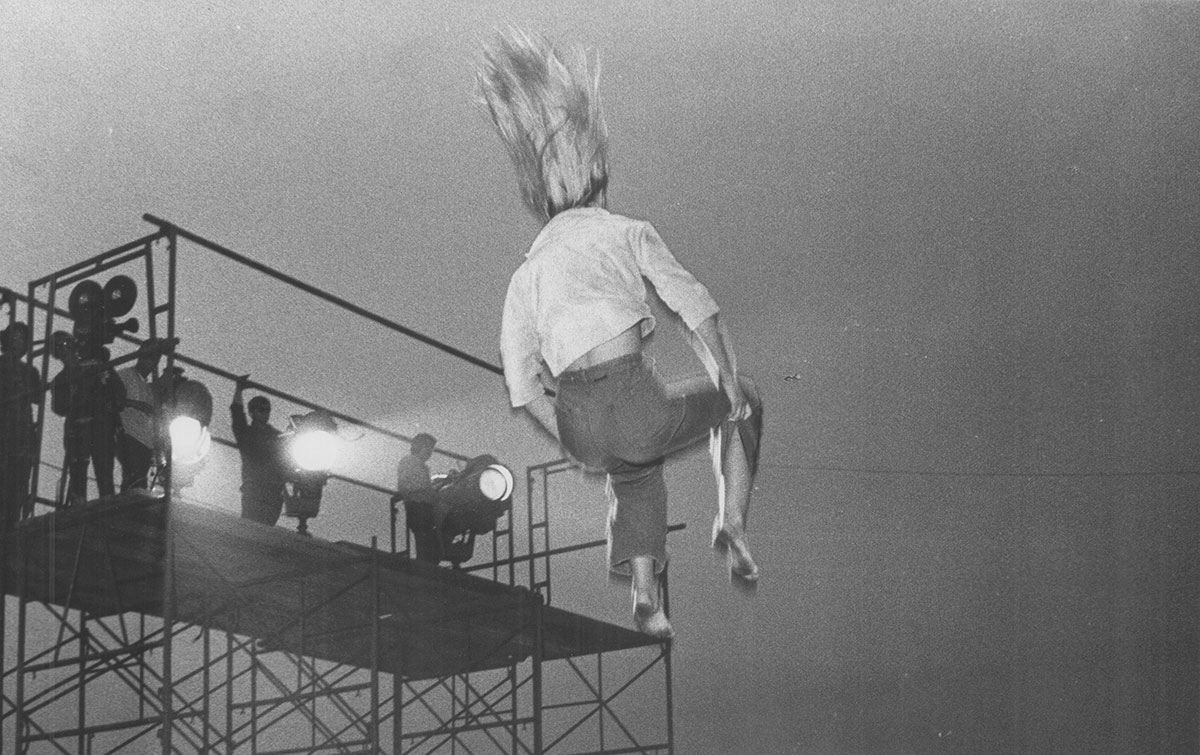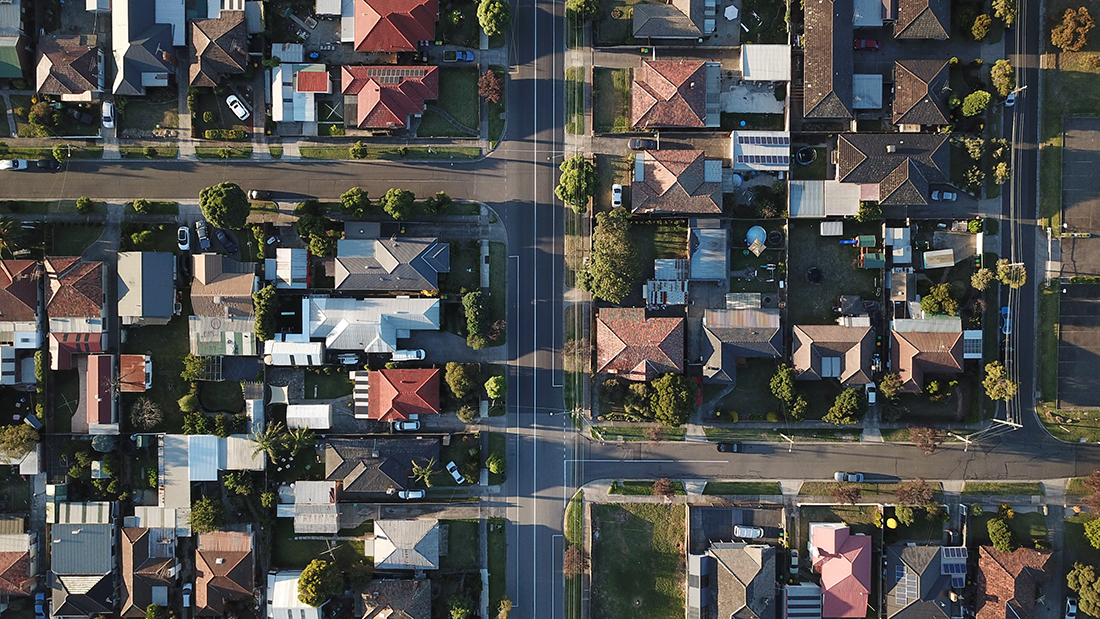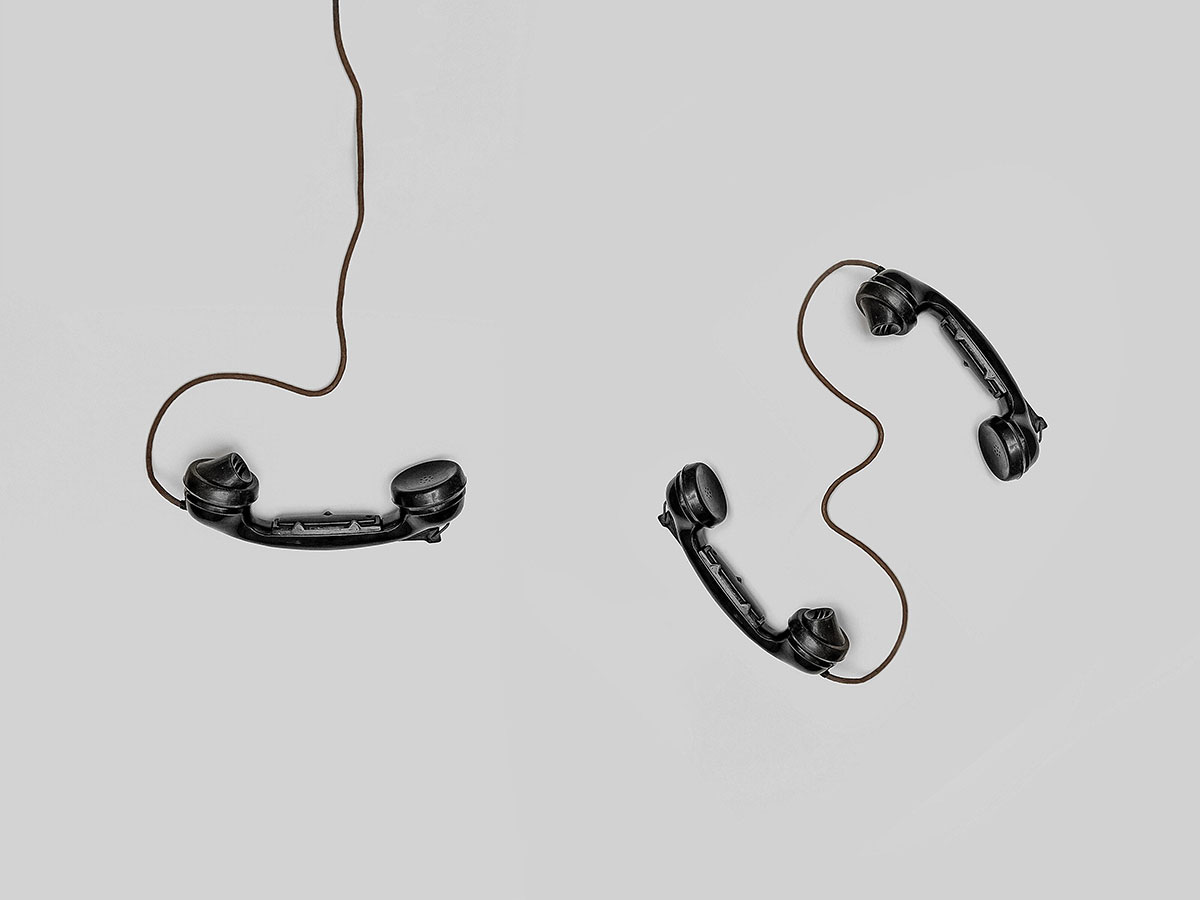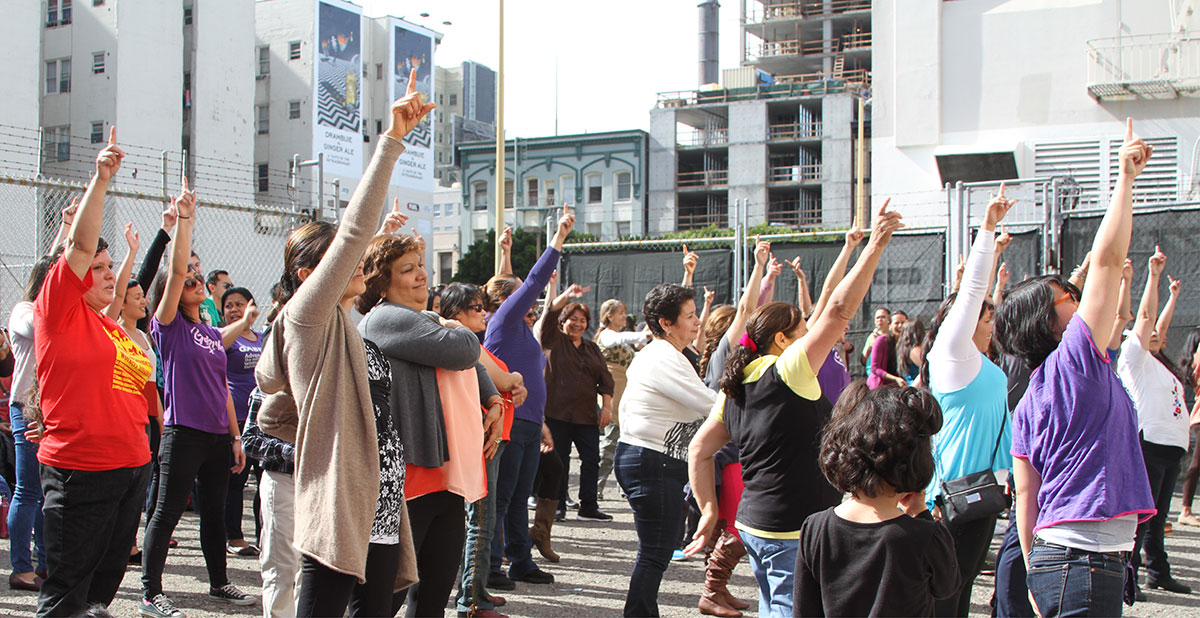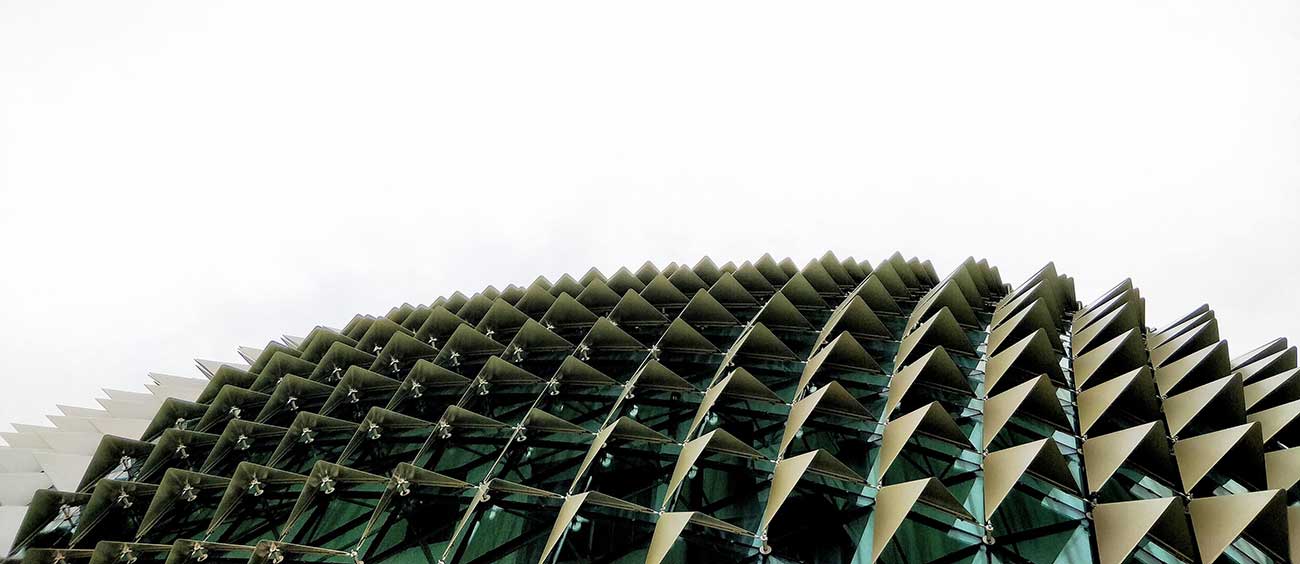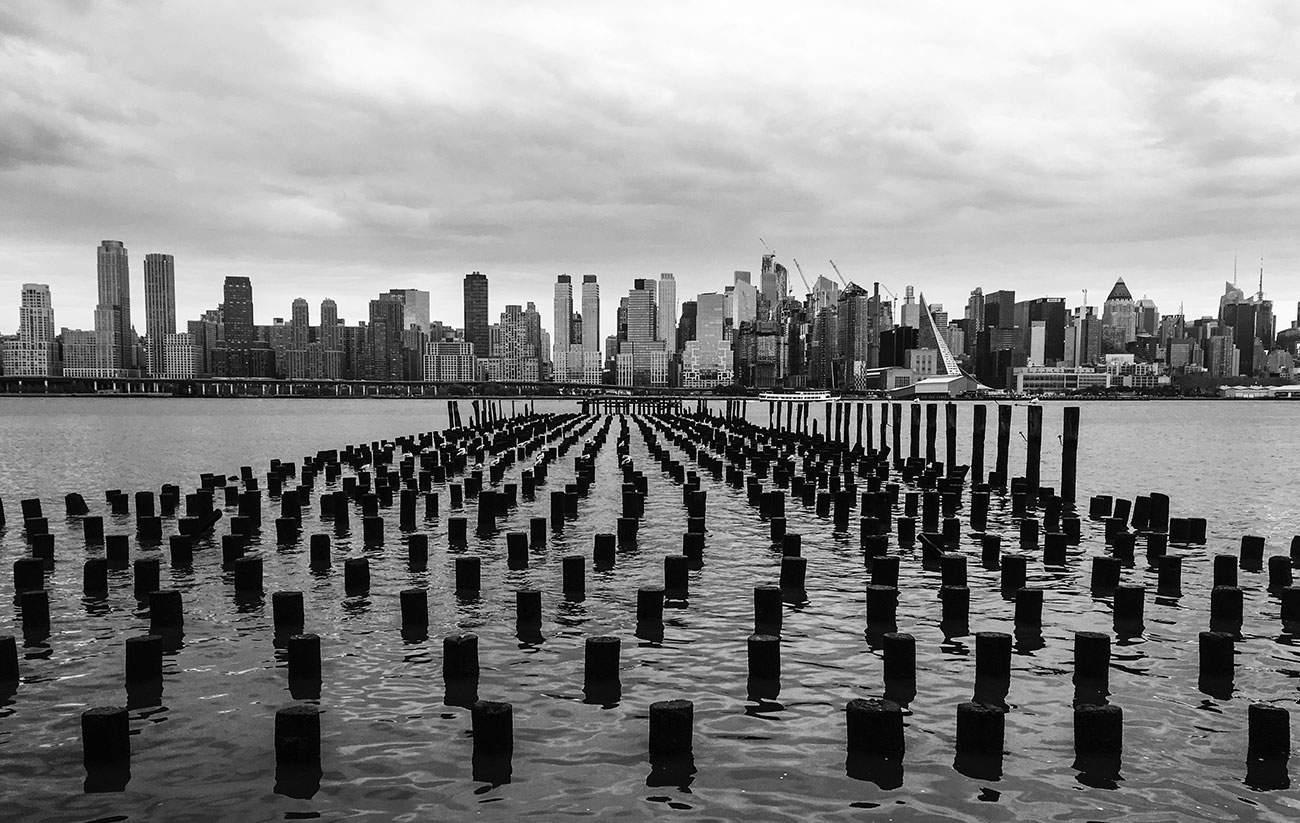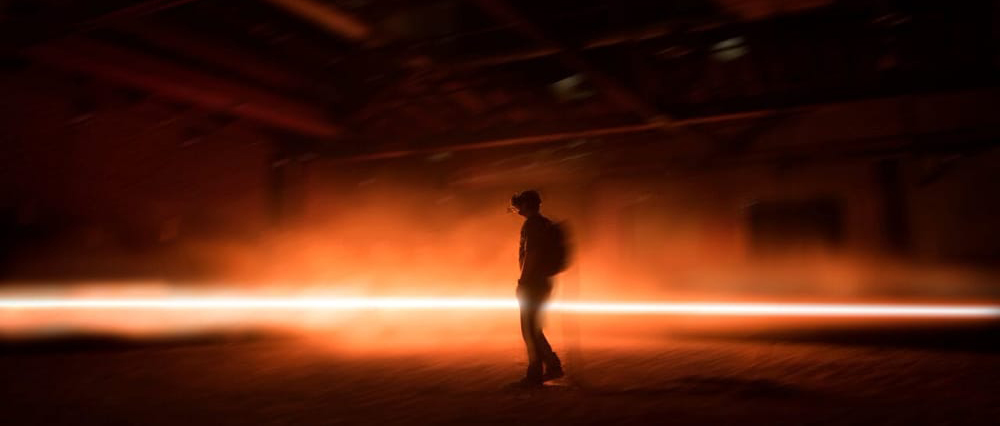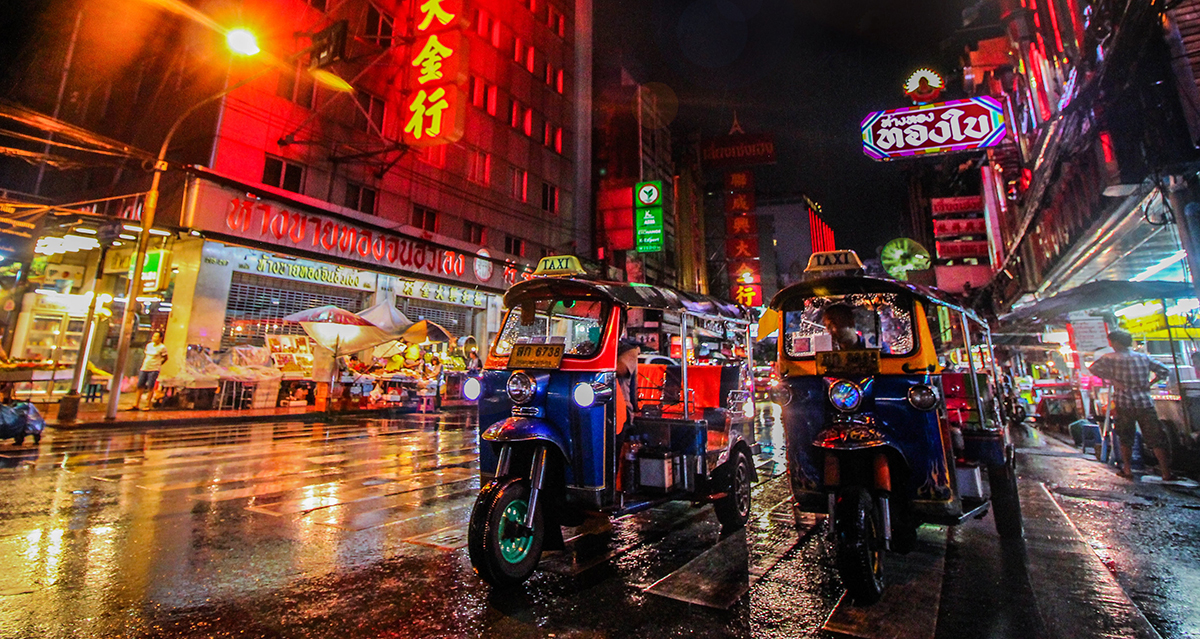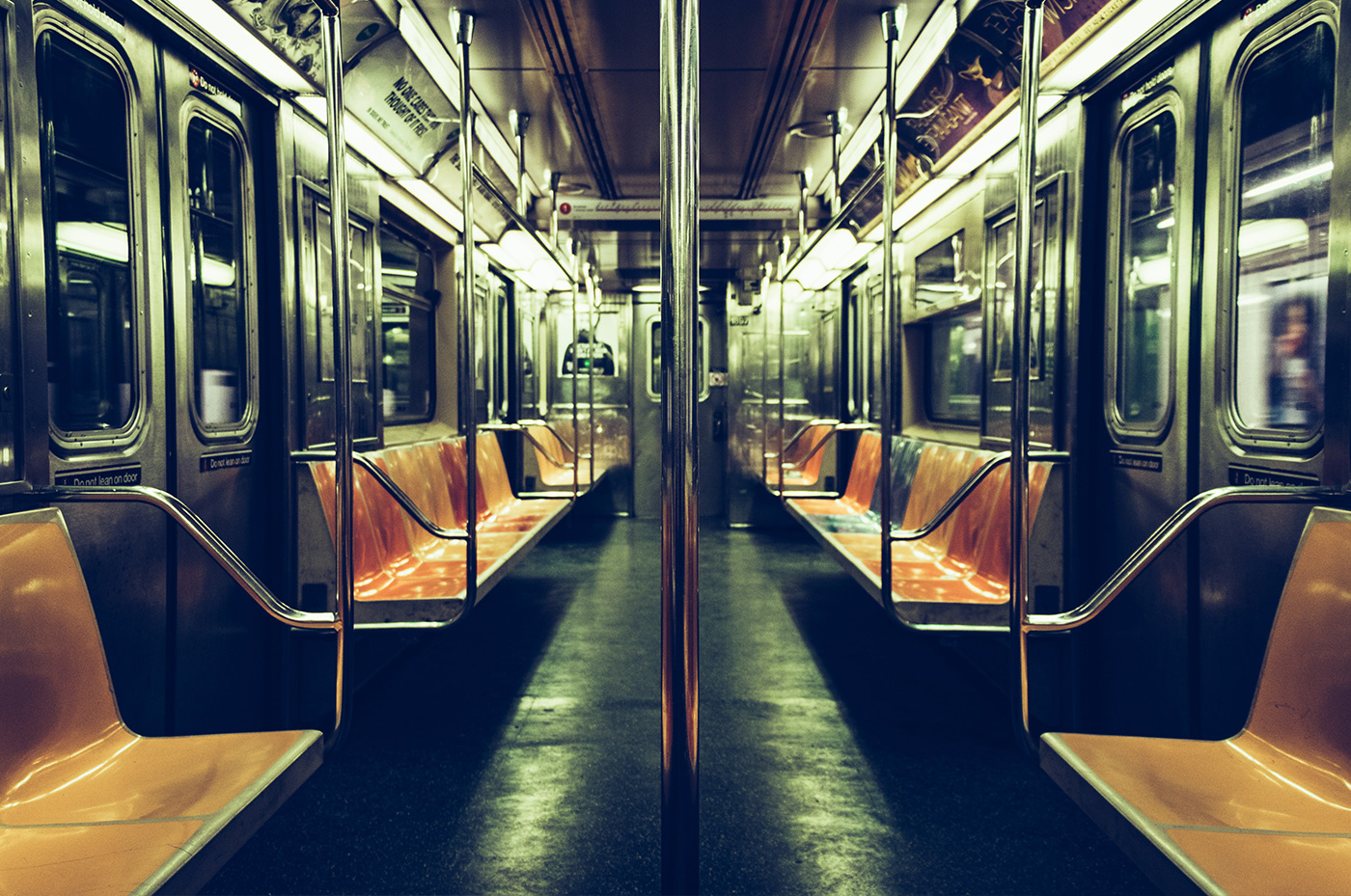Mar 19, 2020
Social distancing. A blend of physical distancing and virtual organizing at a time of “pandemic peril” and “Google Urbanism” presided over by the World Health Organization and the happiness industry. In self-isolation as in lockdown, data collectors mine the coronavirus as well as the citizenry. What happens when digital surveillance becomes “good for you,” so…
Mar 19, 2020
I moved to New York on the heels of 9/11, in the summer of 2003, when the bathtub—which is what we called a massive hole in the ground that had once been the base of the Twin Towers—had been full excavated, and a discussion about rebuilding had just hit full swing. I’d just graduated with…
Mar 19, 2020
In April 2020, Kinsa, an American connected health company, announced a project tracking epidemic outbreaks with smart thermometers in collaboration with Benjamin Dalziel, an Associate Professor at Oregon State University. The project is based on Kinsa’s U.S. Health Weather Map which claimed to predict the flu season in the United States 12 weeks in advance.…
Mar 17, 2020
Caregivers play critical frontline roles in regular illnesses and especially in the Covid-19 pandemic. In the pandemic’s early stages, when our children have the flu or a bad cold, care-workers filled in so that we could continue to go to work. Throughout the pandemic, caregivers for the elderly and those with reduced mobility function as…
Mar 17, 2020
Satish will be speaking on our upcoming Big Rethink ‘Lessons For Greenfield Megaprojects’ on Tuesday May 26 – tune in to hear more insights from Sri City. The human being is a social animal but the global pandemic will have a paradigm-changing impact on social interactions, the future of city life, the built environment, mobility…
Mar 17, 2020
This article was originally published on the Fondation pour l’innovation politique’s website on April 3rd 2020. When there is great suffering and uncertainty, people are conflicted between a desire to return to normality (which, after all, is familiar) and a desire to redeem the loss of life and wealth that accompanies a meta-catastrophe by making…
Mar 17, 2020
Cities and pandemics The COVID-19 pandemic has spread worldwide, driven by global urban interconnection and perpetuated by human contact. The repercussions of this pandemic go far beyond health, affecting the economy and society at large. As we are all experiencing, many affected countries have declared a state of emergency and have imposed social distancing measures,…
Mar 16, 2020
I am writing this text from my apartment in Milan and today is my 10th day confined at home. It seems incredible now, to think that I spent last Thursday evening planning the weekend for my kids. The entire city is now at home, streets are empty and silent – our movement reduced to the…
Mar 16, 2020
As concerned governments around the world impose emergency measures to “flatten the curve” and slow down this pandemic, public transportation struggles with its central role of keeping cities connected while avoiding serving as a convenient vector for the virus. To reduce contact, many transit agencies have suspended fares, changed boarding procedures, and mobilized their workforce…
Mar 16, 2020
It’s now been a few weeks since office employees around the world have been forced to trade in their office desks for dining room tables. As each day passes and COVID-19 continues to blaze across the globe it’s likely that some people are beginning to ask themselves—will I ever go back to the office? This…
Mar 16, 2020
We are watching the pandemic’s effects on mobility, public space, community, and “social distancing” in real-time. While it is challenging to cut through people’s fears at this early stage, it is crucial to reflect on the impacts this crisis will have on urban life-as-a-we-know-it, the weaknesses of our governance, healthcare, and infrastructure systems, and the…
Mar 13, 2020
Only a few days ago, most of us would not have known that a whole new vector was in play in our big cities – cities in the US, in Europe, in Iran, in China, and most probably in locations we are not yet recognizing. Cities have long been sites for far more diverse conflicts…
